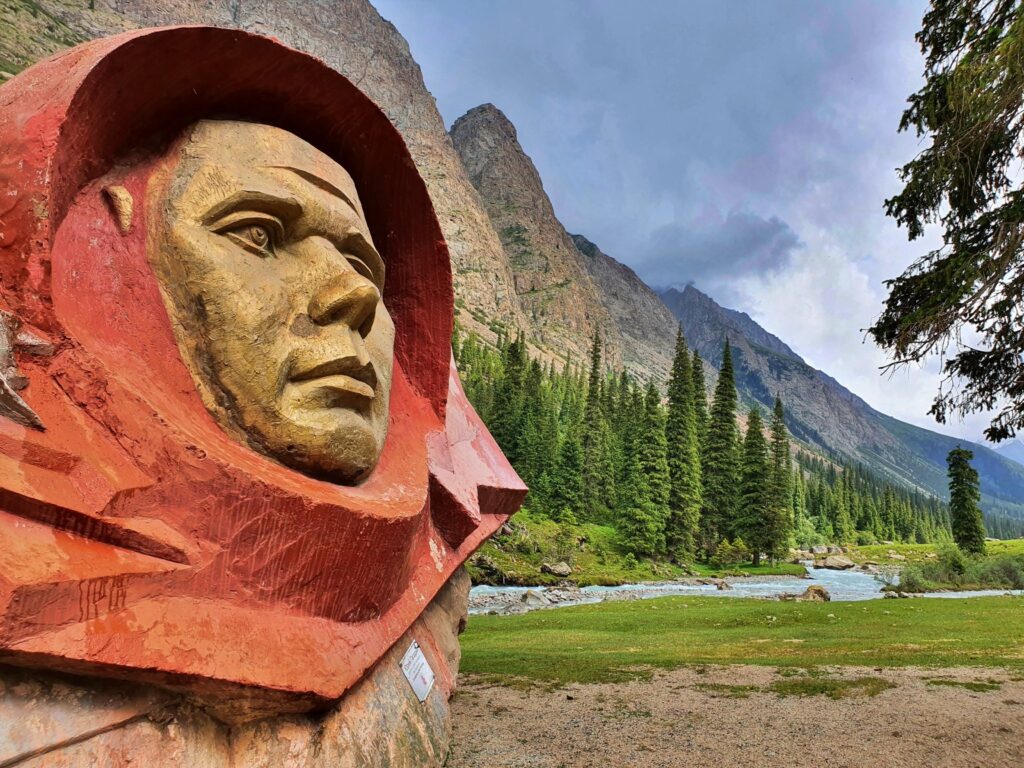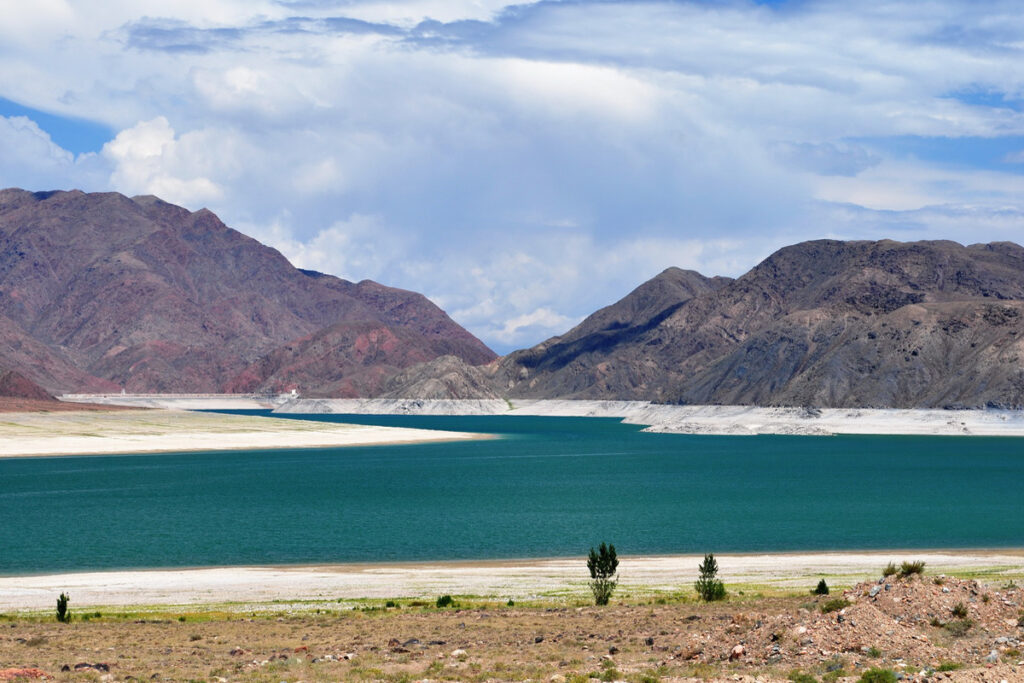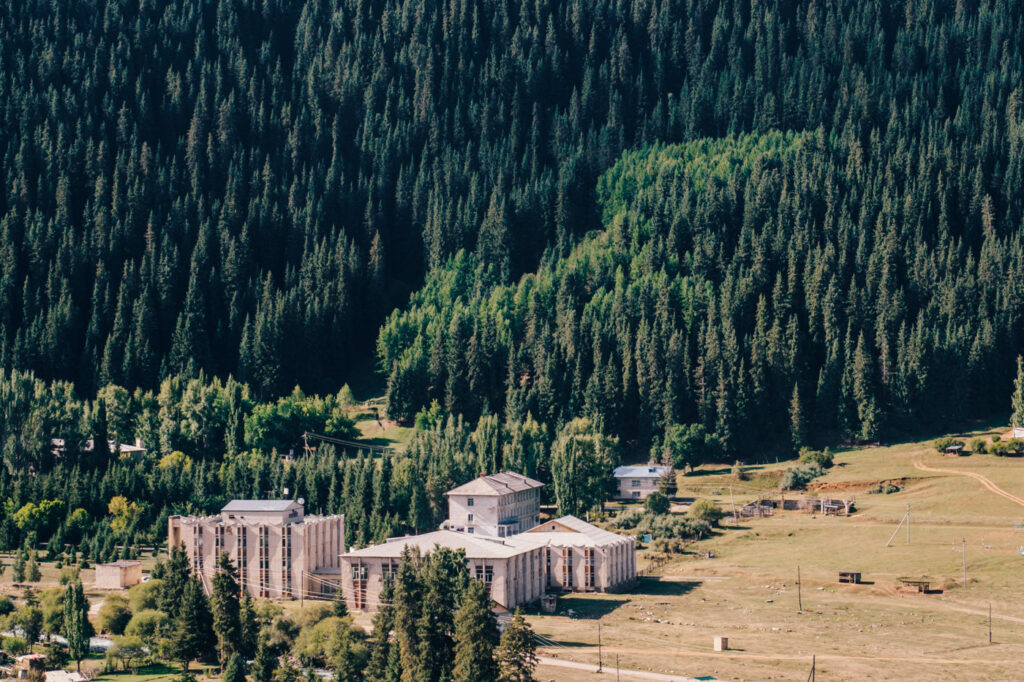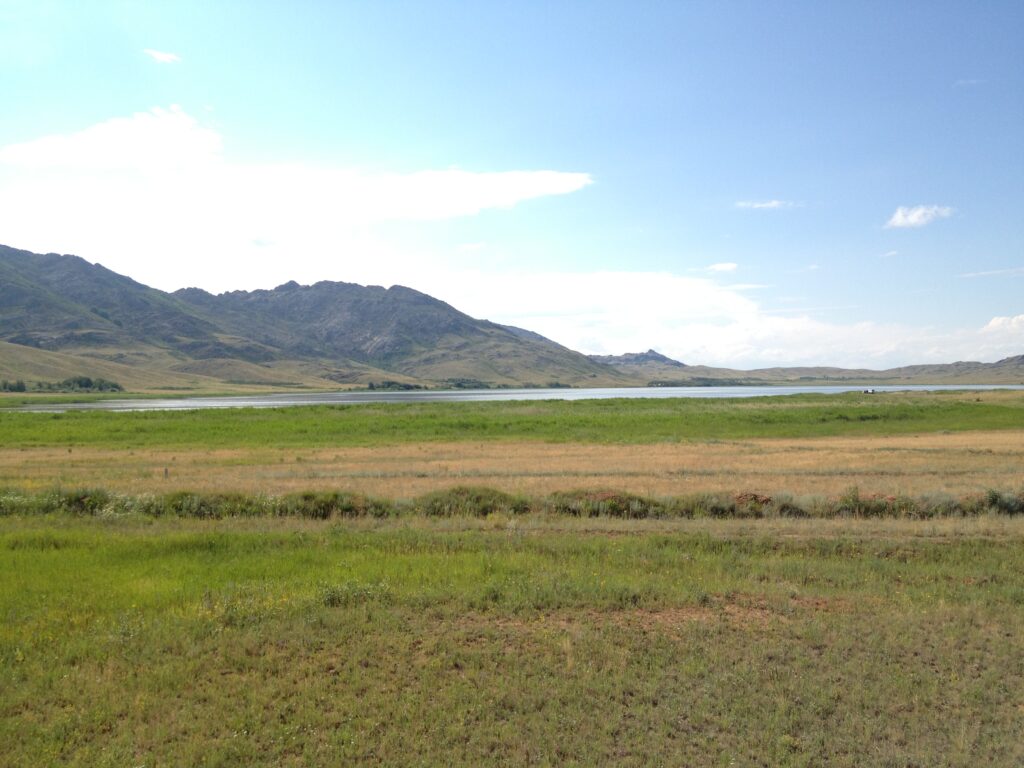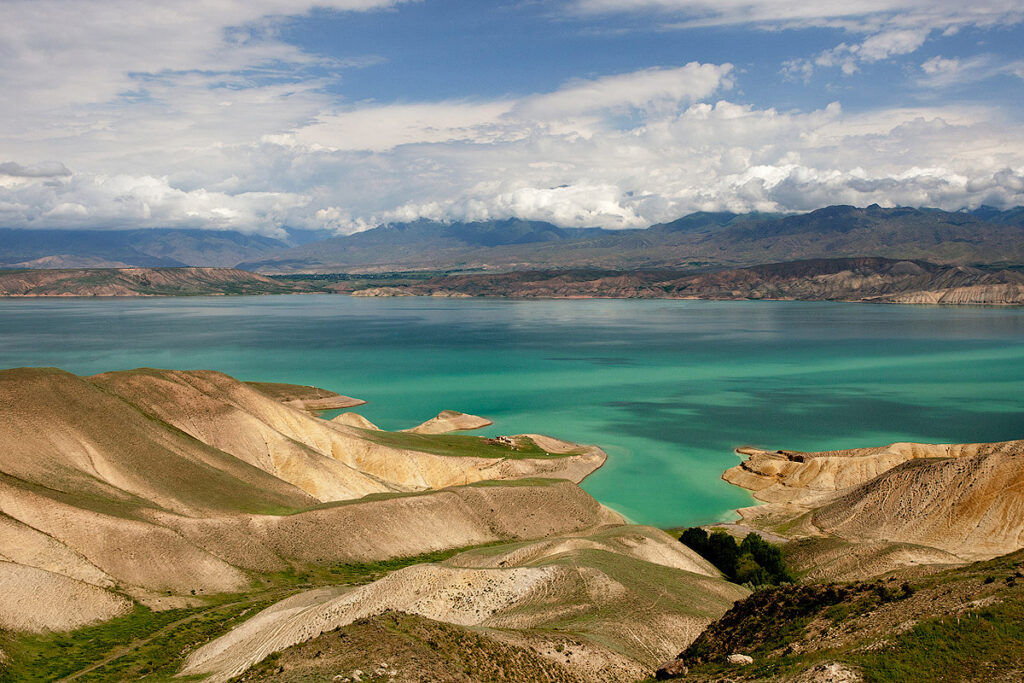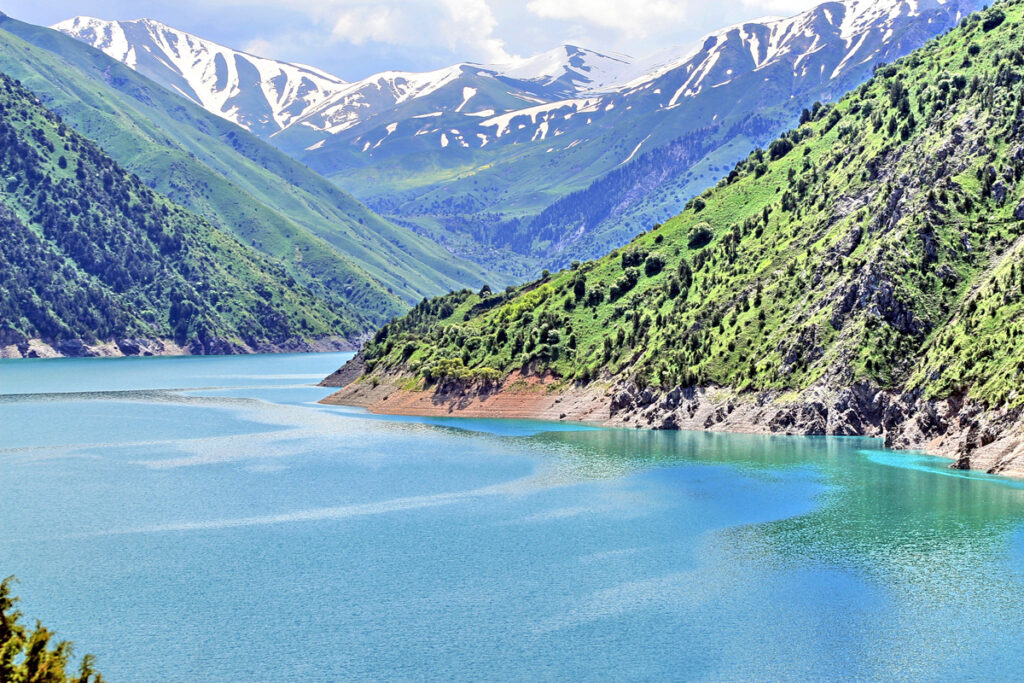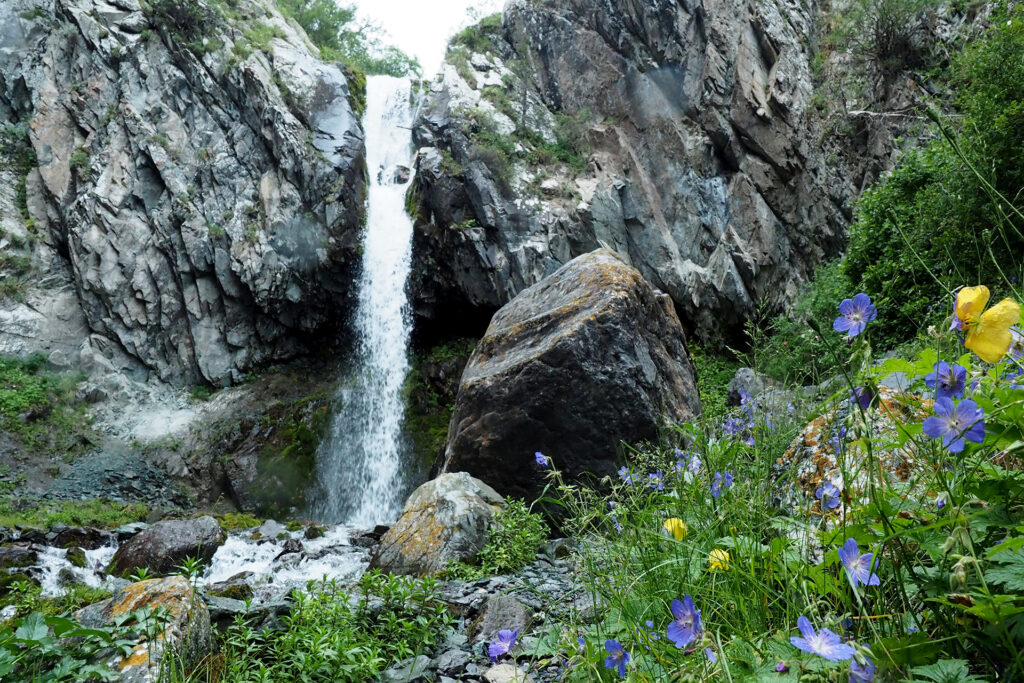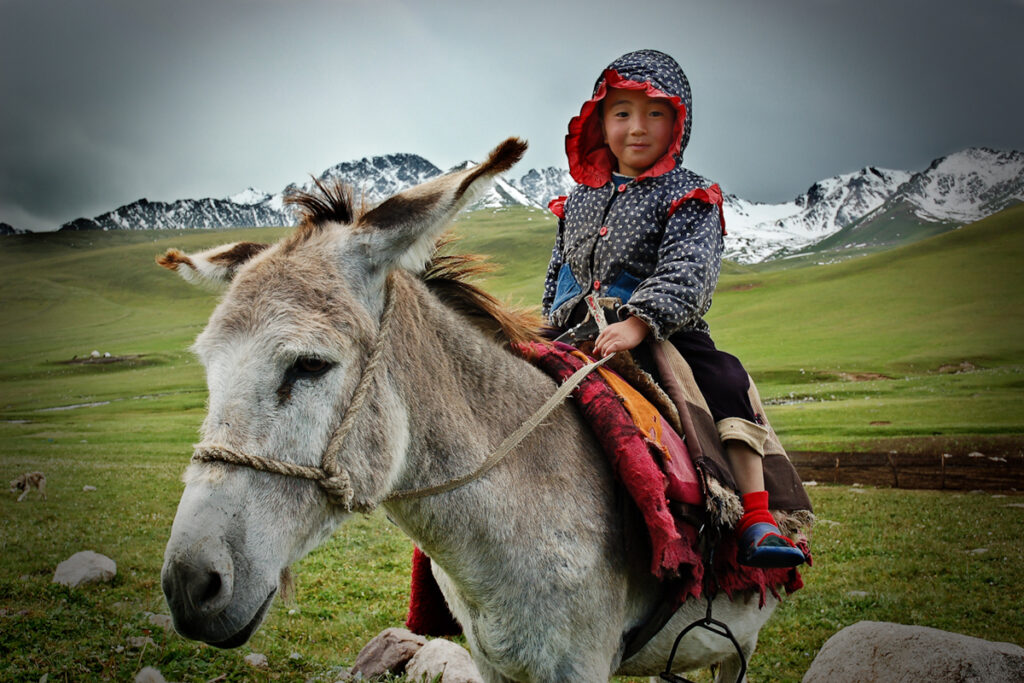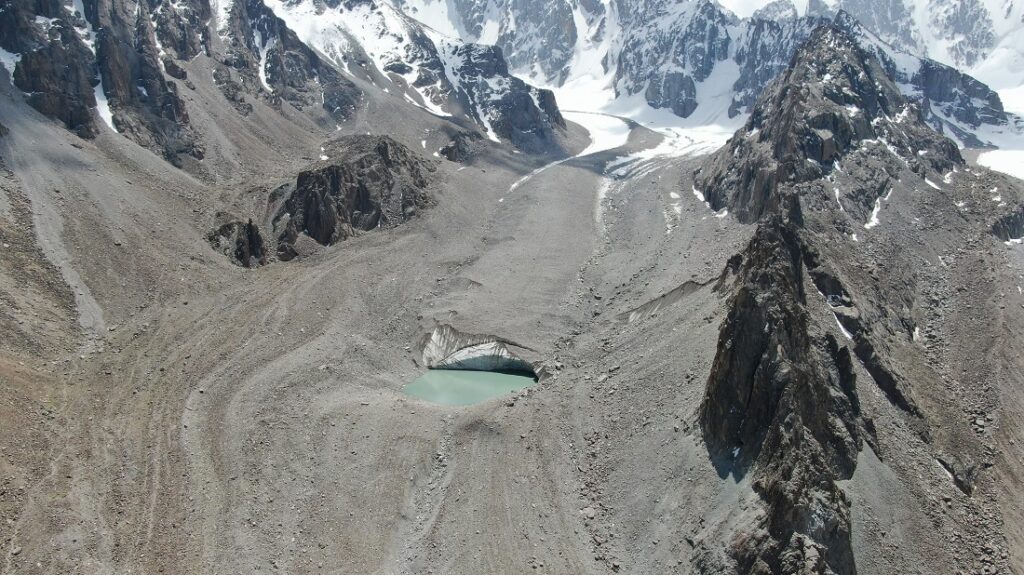Kyrgyzstan
Kyrgyzstan, officially known as the Kyrgyz Republic, is a landlocked country in Central Asia. It is bordered by Kazakhstan to the north, Uzbekistan to the west, Tajikistan to the south, and China to the east. The capital and largest city is Bishkek.
Geographically, Kyrgyzstan is known for its mountainous terrain, as it is dominated by the Tien Shan mountain range, which covers about 80% of the country. The highest peak, Jengish Chokusu (Victory Peak), reaches an elevation of 7,439 meters (24,406 feet). The country is also home to numerous lakes, including Issyk-Kul, one of the largest alpine lakes in the world.
Historically, Kyrgyzstan has been influenced by various cultures and empires due to its location along the Silk Road, the ancient trade route connecting the East and West. The Kyrgyz people have a nomadic heritage, which is still reflected in their culture and traditions today. The area was later incorporated into the Russian Empire in the 19th century and became part of the Soviet Union in 1936 as the Kyrgyz Soviet Socialist Republic. Kyrgyzstan gained independence in 1991 following the dissolution of the Soviet Union.
The economy of Kyrgyzstan is diverse but primarily driven by agriculture, mining, and remittances from Kyrgyz workers abroad. Key agricultural products include cotton, wool, and meat, while the mining industry focuses on gold and other minerals. The country has also been working to develop its tourism sector, leveraging its natural beauty and cultural heritage.
Politically, Kyrgyzstan is a parliamentary republic. The country has experienced significant political instability since gaining independence, with several changes in government through revolutions and protests. Despite these challenges, Kyrgyzstan has made progress in establishing democratic institutions and processes. The current constitution, adopted in 2010, established a parliamentary system with a president as the head of state and a prime minister as the head of government.
Culturally, Kyrgyzstan is a blend of traditional and modern influences. The official language is Kyrgyz, a Turkic language, while Russian is also widely spoken, especially in urban areas. The majority of the population is Muslim, primarily Sunni, and Islam plays a significant role in the country’s cultural and social life.
Traditional Kyrgyz culture is deeply rooted in its nomadic past, with practices such as yurt living, horseback riding, and the game of kok-boru (a traditional equestrian game) being important cultural elements. Kyrgyz music, dance, and oral literature, including the epic poem “Manas,” are also significant aspects of the cultural heritage.
Kyrgyzstan faces various challenges, including economic development, political stability, and environmental sustainability. The country is working to diversify its economy, improve infrastructure, and enhance regional cooperation. The mountainous terrain also poses challenges for transportation and connectivity but offers potential for hydroelectric power generation and eco-tourism.
Despite these challenges, Kyrgyzstan is known for its stunning natural landscapes, rich cultural traditions, and resilient people. The country continues to navigate its path towards greater stability and development, while preserving its unique cultural identity and heritage.

